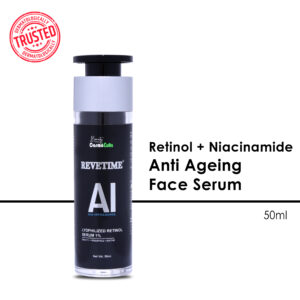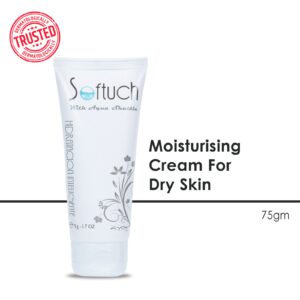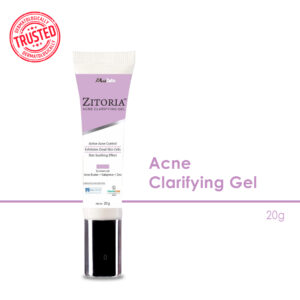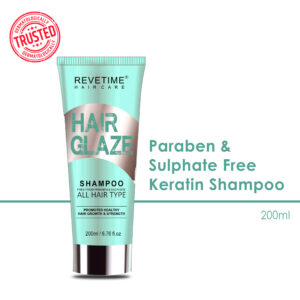
Frequently Asked Question
What is dandruff?
Dandruff is a common scalp condition characterized by the flaking of dead skin cells from the scalp. It often leads to the presence of white or yellowish flakes on the scalp, hair, and shoulders. Dandruff can be accompanied by itching, scalp redness, and irritation.
What causes dandruff?
The exact cause of dandruff is not fully understood, but it is believed to involve a combination of factors. Common causes include an overgrowth of a yeast-like fungus called Malassezia on the scalp, excessive oil production, sensitivity to certain hair care products, dry scalp, hormonal changes, and a weakened immune system.
How can I treat dandruff?
Dandruff can often be managed and controlled with the use of specific anti-dandruff shampoos and good hair care practices. Look for shampoos containing active ingredients like ketoconazole, and zinc pyrithione as these are commonly used to target dandruff. Regularly washing the hair, avoiding excessive use of hair products, maintaining good scalp hygiene, and managing stress levels also help in managing dandruff.
What is ketoconazole and how does it help with dandruff?
Ketoconazole is an antifungal medication commonly used in anti-dandruff shampoos. It helps by reducing the overgrowth of the Malassezia fungus on the scalp, which is often associated with dandruff. Ketoconazole shampoos help control dandruff symptoms, reduce scalp inflammation, and relieve itching.
What is the best anti-dandruff shampoo?
The best anti-dandruff shampoo varies depending on individual needs and preferences. However, shampoos containing active ingredients like ketoconazole, and zinc pyrithione are often recommended for dandruff control. It’s important to choose a shampoo suitable for your hair type and scalp condition and follow the product instructions for the best results.
How often should I use an anti-dandruff shampoo?
The frequency of using an anti-dandruff shampoo can vary depending on the severity of the dandruff and the specific product. In general, it is recommended to use the shampoo as directed on the product label. Initially, it used alternate days to control dandruff, and then gradually reduced to a maintenance regimen once symptoms improved.
Can stress contribute to dandruff?
Yes, stress potentially contributes to dandruff or worsens existing dandruff symptoms. Stress impacts the immune system, hormonal balance, and oil production, which influence scalp health. Managing stress through relaxation techniques, exercise, and self-care practices help to improve dandruff symptoms.
Can dandruff cause hair loss?
Dandruff itself does not directly cause hair loss. However, severe or prolonged scalp inflammation and itching caused by dandruff lead to scratching, which damages the hair follicles and potentially contributes to hair breakage or temporary hair loss. Managing dandruff effectively is important to minimize scalp irritation and maintain overall scalp health.







































